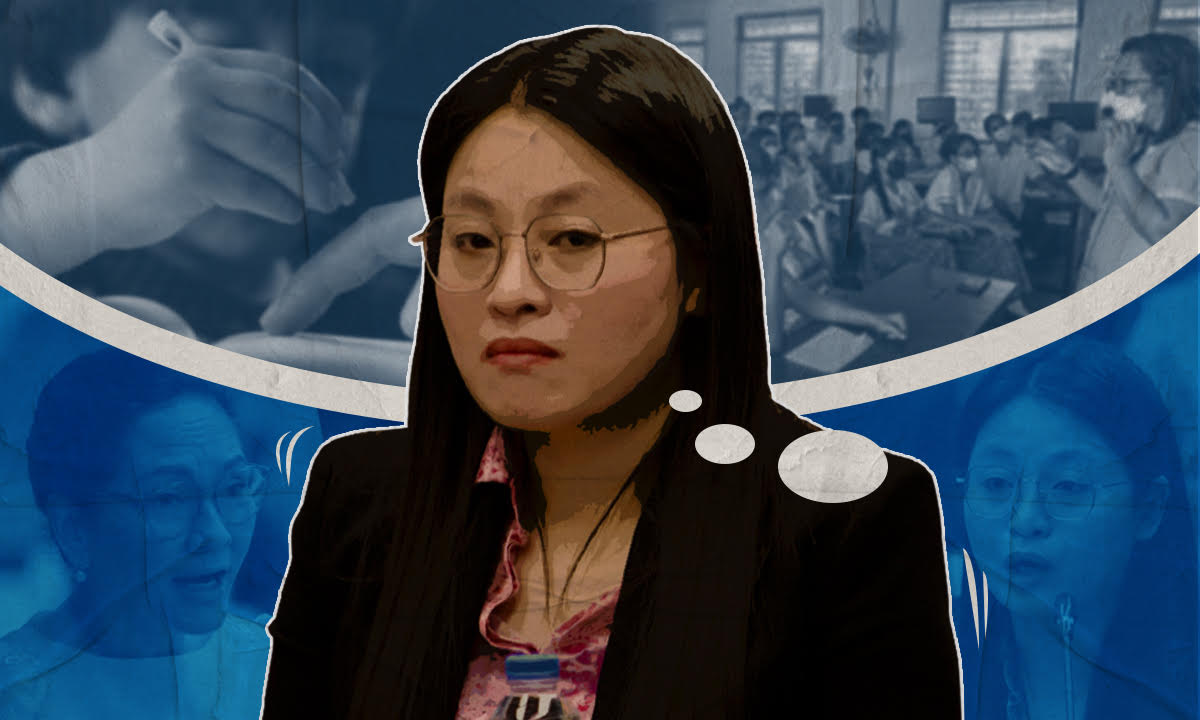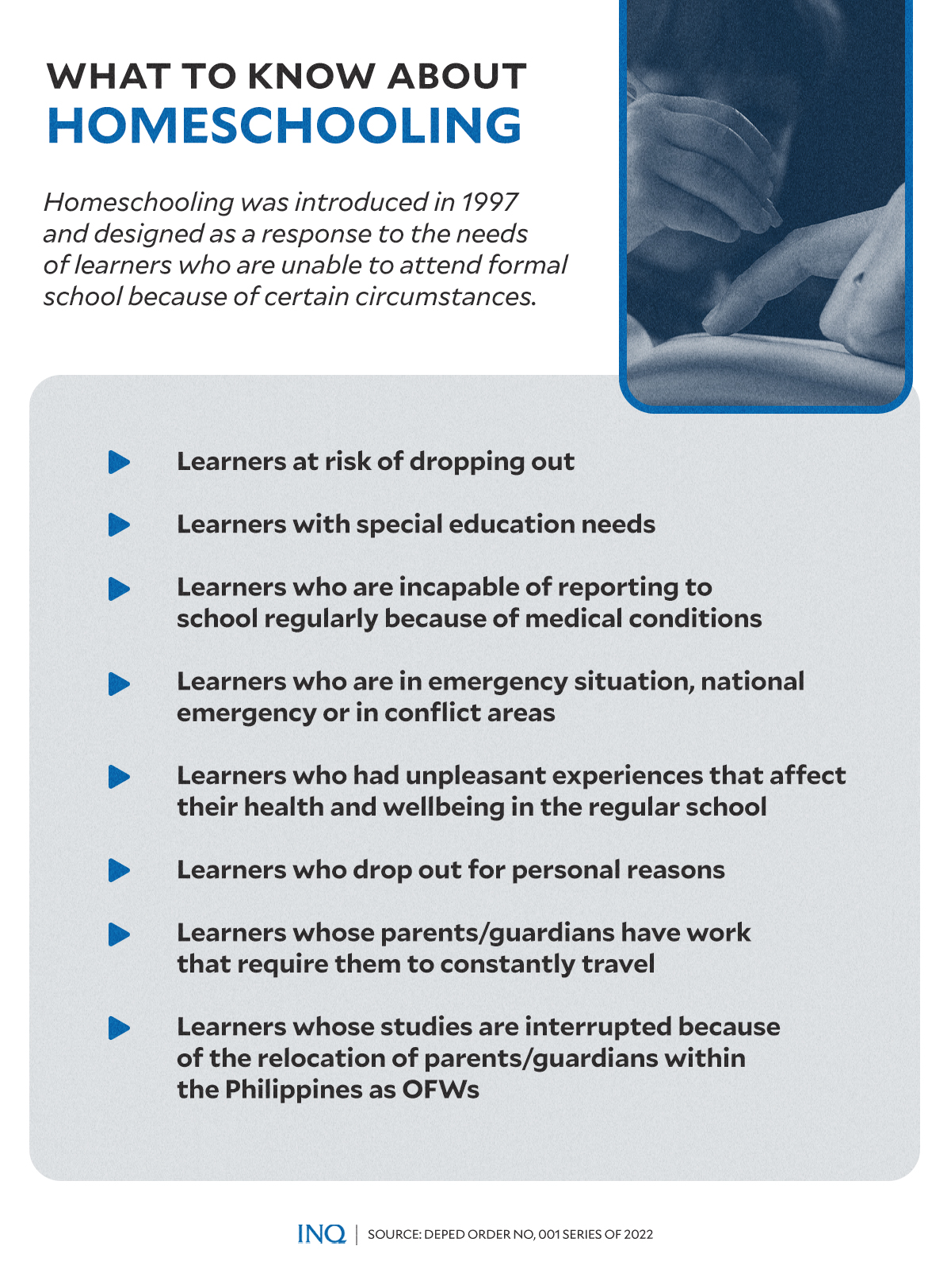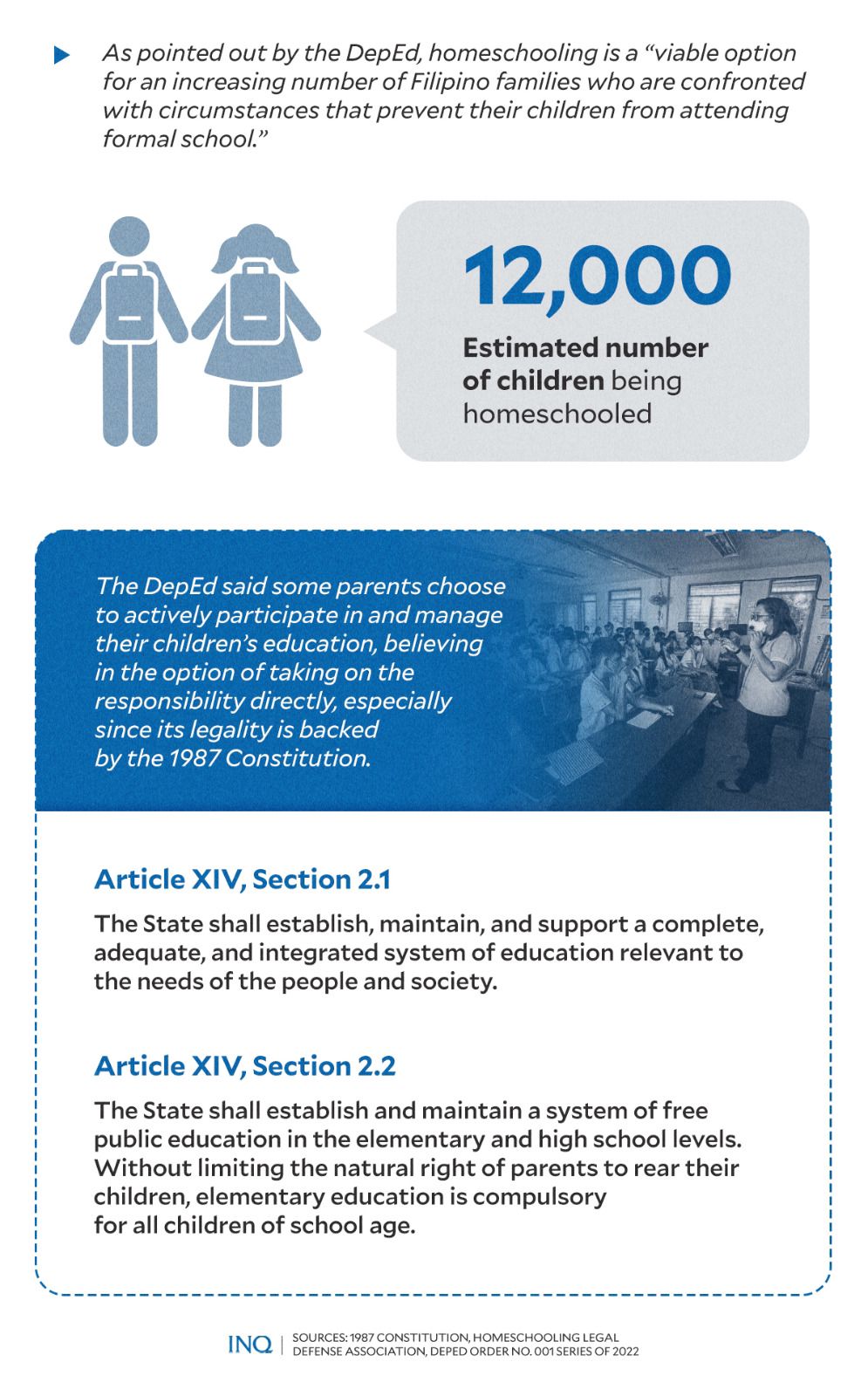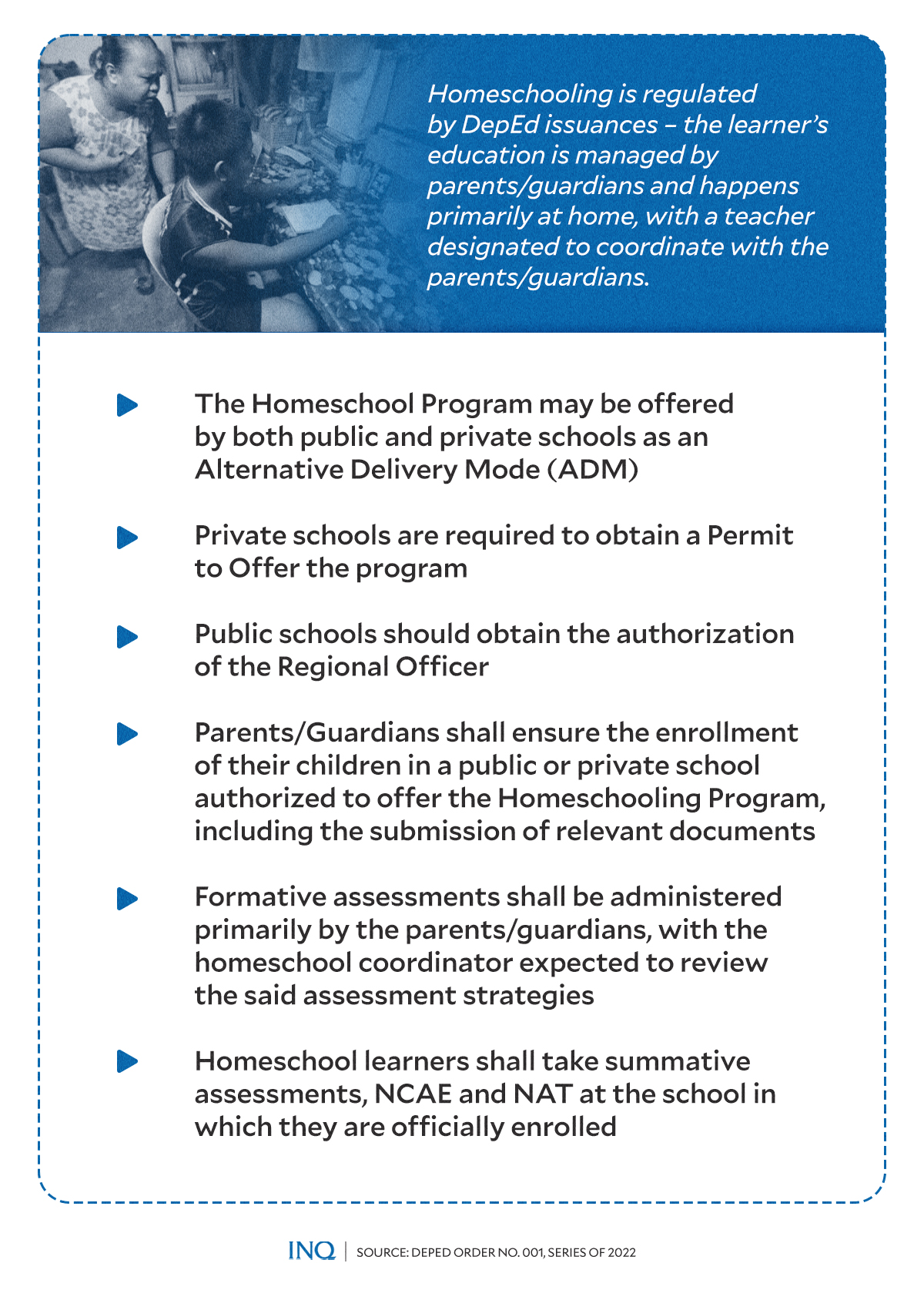With her birth registered when she was already 17 years old, Alice Guo, the controversial mayor of Bamban, Tarlac, may have “come out of nowhere,” but as she herself testified in the Senate, nowhere also meant remembering next to nothing about her past.
As stated by the Philippine Statistics Authority (PSA), Guo’s birth did not have any supporting documents except for the “negative certification,” which was issued to indicate that the civil registrar does not have a record of Guo’s birth on July 12, 1986, the day that the mayor said she was born.
Because of this, Sen. Risa Hontiveros, who has been leading the investigation of Guo’s alleged involvement in illegal Philippine Offshore Gaming Operations in Bamban, had to ask her which school she went to. “Saan po kayo nag-elementary?” the senator asked.
WATCH: Senate resumes probe into Tarlac Pogo hub, Bamban Mayor Alice Guo
However, Guo, who said she was only homeschooled, stressed that she never went to school. “Homeschool po ako […] Tutorial po kasi ‘yung ginawa sa akin (I was homeschooled […] what was done to me was tutorial),” Guo told Hontiveros.
“Dire-diretso, tuloy-tuloy (It was continuous),” she said, stating that while living on a farm where she raised pigs for a living, she was homeschooled by a teacher she remembers only as Rubilyn. This explains the absence of any school record, the mayor said.
But is this possible?
Home learning
As stated in the Department of Education’s (DepEd) website, homeschooling was introduced as a program in 1997 and was designed as a response to the needs of learners who are unable to attend formal school because of reasons such as these:
- Risk of dropping out
- Special education needs
- Incapability of reporting to school often because of medical conditions
- Emergency situations such as when national emergency is declared or when the child is living in a conflict area
- Having horrible experiences that can affect the health and wellbeing of the child while inside the school or classroom
- When parents have work that require them to constantly travel
- Interrupted education because of the relocation of parents/guardians as overseas workers
Back in 1997, Guo was already 10 or 11 years old.
As pointed out by DepEd Order No. 001, series of 2022, homeschooling is a viable option for an increasing number of Filipino families who are confronted with circumstances that prevent their children from attending regular school.
There are an estimated 12,000 homeschool learners in the Philippines, according to data from the Homeschool Legal Defense Association, but this may have already increased since homeschooling was promoted as an alternative learning mode when the COVID-19 crisis hit.
It was stressed by the DepEd that some parents choose to actively participate in and manage their children’s education, believing in the option of taking on the responsibility directly, especially since this is backed by Article XIV, Section 2.2 of the 1987 Constitution:
“The State shall establish and maintain a system of free public education in the elementary and high school levels. Without limiting the natural right of parents to rear their children, elementary education is compulsory for all children of school age.”
Likewise, in Article XIV, Section 2.1 of the 1987 Constitution, it has been made clear that “the State shall establish, maintain, and support a complete, adequate, and integrated system of education relevant to the needs of the people and society.”
But why was Guo homeschooled?
Kept ‘love child’
As Guo said, she had to live on a farm since she was the “love child” of Jian Zhong Guo, or Angelito Guo, a Chinese, and Amelia Leal, a Filipina who worked as a maid for her father’s wife. She said she never met her mother because she was an only child.
RELATED STORY: Alice Guo’s secret masters
But Hontiveros said her birth certificate indicated that her parents were married and that she had two more siblings, with one born in 1988, two years after Guo was born. Hontiveros asked: “How did your mother leave you after your birth in 1986, but gave birth to your brother Siemen in 1988?”
Guo insisted: “I do not know.”
She even stressed that while she has siblings–Sheila and Seimen–she doesn’t know them personally and that they are only her paternal half-siblings, but their birth certificates indicated that they all have the same mother, Amelia, who, the PSA said, may not even exist at all.
READ: Guo’s purported ‘mother’ may not exist at all, says PSA official
Records from the Bureau of Immigration likewise revealed that Guo and her siblings had traveled together at least thrice, so Hontiveros asked: “Why would you lie to something like this that can easily be checked?” Guo said she lied to protect them. “They are private people,” she said.
As pointed out by the PSA, there is also no record of Angelito and Amelia’s marriage even when it has been indicated in Guo and her siblings’ birth certificates that Angelito and Amelia were married on Oct. 14, 1982, or four years before Guo was born.
RELATED STORY: I am not a spy – Bamban Mayor Alice Guo
The PSA said Guo’s birth certificate is indeed filled with irregularities.
Hard to prove
So where was Guo 17 years before her birth was registered?
A school record is one of the documentary evidence required for late registration of birth since it can show the name of the child, date and place of birth, and name of his or her parents, so Hontiveros was right to ask Guo about where she went to school.
RELATED STORY: Bamban Mayor Alice Guo: ‘I will not resign’
But as Guo said, she was only homeschooled, or as she made clear, tutored.
READ: Alice Guo: A society of spectacles
As stated by the DepEd, homeschooling is regulated by government issuances, so whether a child went to a regular school or was only homeschooled, he or she should have school records since there is a teacher designated by the school to coordinate with the learner’s parents or guardians.
This, as private schools are required to obtain a Permit to Offer the homeschooling program, while public schools should obtain permission from the DepEd regional office.
Parents or guardians are likewise expected to ensure the enrollment of their children in a public or private school authorized to offer the program, including the submission of relevant documents.
As the DepEd said, formative assessments shall be administered primarily by the parents or guardians, with the homeschool coordinator expected to review the assessment strategies. Homeschool learners are required to take summative assessments at the school where they are officially enrolled.
RELATED STORY: Escudero: Senate can hold ‘unli’ hearings on Guo





